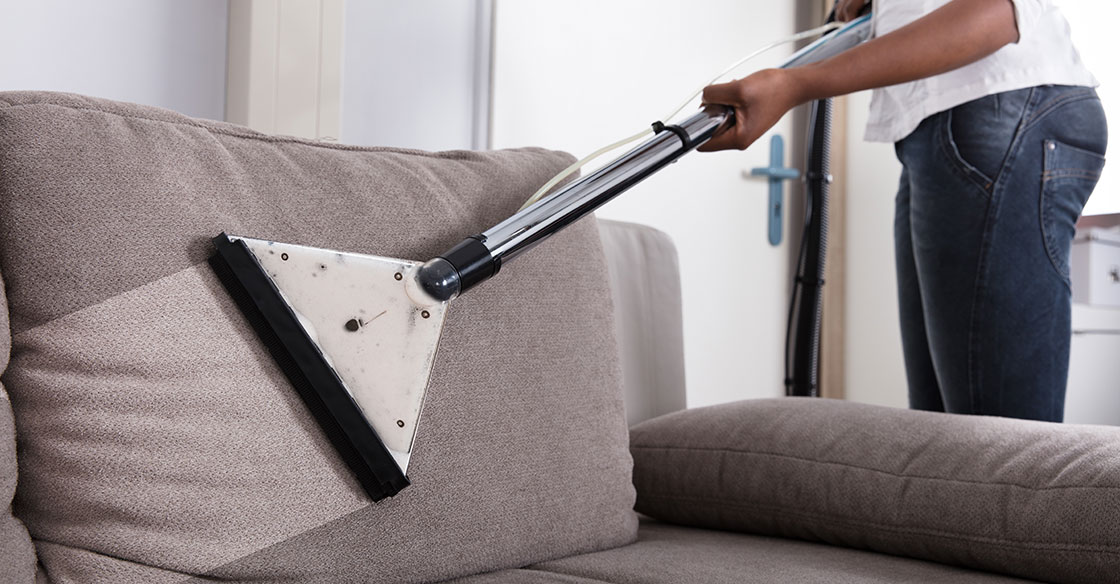
Image Source: Google
Hot water is an essential part of our daily lives, whether it's for showering, doing the dishes, or laundry. When your water heater starts to show signs of wear and tear, it's crucial to address the issues before you end up taking an icy cold shower unexpectedly. This article will discuss the top signs that indicate you need a water heater replacement and provide tips on how to avoid being left without hot water. To get more details visit here.
Signs You Need a Water Heater Replacement
1. Age of the Water Heater
One of the most common reasons for needing a water heater replacement is the age of the unit. Typically, water heaters have a lifespan of around 8 to 12 years. If your water heater is approaching or has exceeded this timeframe, it may be time to consider a replacement.
2. Rusty or Discolored Water
If you notice rusty or discolored water coming out of your faucets, it could be a sign that your water heater is deteriorating on the inside. Over time, sediment buildup can cause rust and discoloration, indicating that your water heater may need to be replaced.
3. Strange Noises
Unusual noises such as popping, rumbling, or banging coming from your water heater are not normal and could signal a problem. These sounds are often caused by the buildup of sediment or mineral deposits inside the tank, which can reduce the efficiency of the heater and lead to potential breakdowns.
4. Leaks or Moisture Around the Tank
Visible leaks or moisture around the base of your water heater are clear indicators of a problem. Leaks can lead to water damage, mold growth, and other issues if left unaddressed. It's crucial to act quickly if you notice any leaks to prevent further damage.
5. Inconsistent Water Temperature
If you find that your water temperature fluctuates unpredictably while using hot water, it could be a sign that your water heater is struggling to maintain a consistent temperature. This inconsistency may be due to a failing heating element or a buildup of sediment in the tank.
How to Avoid a Cold Shower
1. Regular Maintenance
Performing routine maintenance on your water heater can help extend its lifespan and prevent sudden breakdowns. Flushing the tank to remove sediment buildup, checking for leaks, and inspecting the heating elements are essential tasks to keep your water heater functioning properly.
2. Consider a Water Softener
If you live in an area with hard water, installing a water softener can help reduce mineral deposits in your water heater. This, in turn, can improve the efficiency of the heater and prolong its lifespan by preventing corrosion and sediment buildup.
3. Upgrade to a Tankless Water Heater
Consider upgrading to a tankless water heater, which heats water on demand rather than storing it in a tank. Tankless water heaters are more energy-efficient, take up less space, and can provide a continuous supply of hot water. While the initial cost may be higher, the long-term savings and benefits make it a worthwhile investment.
4. Monitor Water Usage
Be mindful of your water usage habits to reduce the strain on your water heater. Taking shorter showers, fixing leaky faucets promptly, and using cold water for laundry whenever possible can help extend the life of your water heater and prevent unexpected failures.
5. Hire a Professional for Inspections
It's essential to have your water heater inspected regularly by a qualified professional to catch any potential issues early on. A professional can identify problems, perform necessary repairs or replacements, and ensure that your water heater is functioning safely and efficiently.


